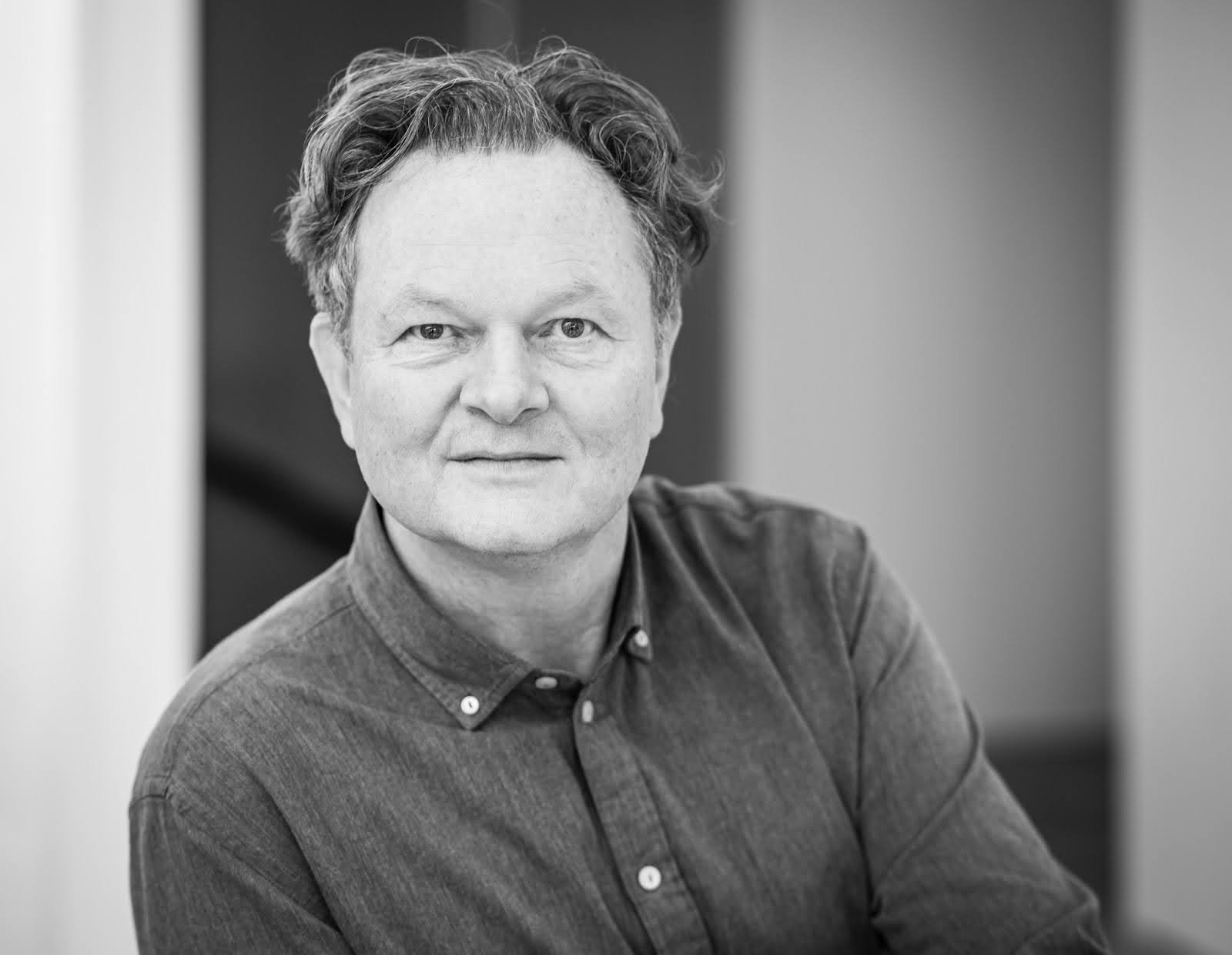

How do we take responsibility and find a healthy relation to stark polarization? We invited those who felt called to be the bridge in the midst of fragmentation. Our global communities have been increasingly under the pressure of highly polarized dynamics. We recognize it in wars around the world, extremism in politics, clash of religious groups, increasing racial tension, divergent approaches to the pandemic, contrasting views on climate change, and so on. Together, we examined the process of gently transforming our inner polarized parts, relating to that in our communities, and beginning to impact our collective fields of influence.
People from all walks of life who feel called to address polarization in our communities, to explore the process, and build the capacity to stay engaged here, together.
We began our journey with learning who’s in the room and establishing a foundation to work together. Throughout the year we looked at topics that felt alive with our group participants, whilst keeping the emphasis on our process of meeting polarization in a gentle, precise way. We decided to take on 24 participants out of over 90 people interested in the lab. Thus, we started out with 24 participants and completed with 19. We met for 12 group sessions for 2 hours from January to December 2024 (once a month).





“It is a great benefit to talk and discuss with people that are in "hot trauma places". It gives new perspectives to us who can’t imagine what it feels like.”
“I was surprised about the simplicity of the process, how the felt witnessing unites and brings us together - and overcomes fragmentation."
“Daring to approach political issues. This was suggested by the facilitators. Surprisingly it worked much better than expected. Also facilitators dared to address conflicting issues in the team. That strengthened the belief in the sincerity of the facilitators. An inclusive and trustworthy atmosphere.”
“The experience allowed me to have a safe space to explore polarization within myself. It increased my window of tolerance to remain in difficult conversations which is crucial for me as a change agent in a hot trauma environment.”
“So deeply healing and a gift to co-create a community that is international. It is inspiring and hopeful to know that people around the world care so deeply about what is critical to you.”
“It took almost 6 months until the container felt really stable. But there was basic trust from the beginning, and I did not feel judged but heard. I experienced the lab as a space where I could unload stressful emotions. What did I learn about polarisation? I have more practice to hold contradictory feelings at the same time. I earned that distancing, looking away, and judging are possibilities to deal with the overwhelming power of polarisation."


